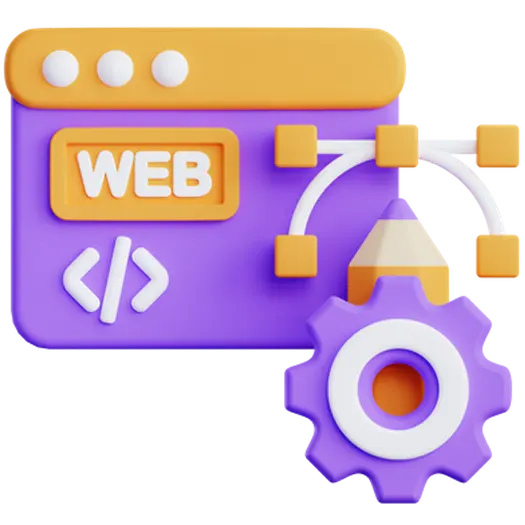A Travel Management System (TMS) is a software or digital platform designed to help companies manage the entire business travel process. From planning, booking tickets, selecting hotels, submitting travel approvals, tracking expenses, to reporting and reimbursement — everything is integrated into a single system.
In other words, a TMS automates and simplifies business travel management, making it more efficient, transparent, and cost-effective.

The Connection Between Travel Management Systems and Property Management
Although TMS is generally used in the corporate world and tourism industry, it is now starting to expand into the property sector — especially for property companies that have:
- Short-term rental units (apartments, villas, holiday homes)
- Marketing teams frequently visiting property locations
- Clients or guests from out of town/country
- Employees who often conduct site visits
By integrating the Travel Management System with the Property Management System (PMS), companies can manage travel and accommodation more efficiently.
Main Functions of a Travel Management System
Here are some key functions of a Travel Management System (TMS):
Travel Request and Approval
- Employees can submit travel requests through a digital portal.
- Managers approve or reject requests based on company policy.
Booking Processing
- Connected with airlines, hotels, and transportation providers.
- Allows automatic or manual booking according to budget and policy.
Travel Policy Management
- The system verifies whether bookings and expenses comply with policy.
- Prevents spending beyond the set limits.
Expense Tracking and Reimbursement
- Employees can upload proof of expenses.
- Finance teams process reimbursements quickly and accurately.
Reporting and Analytics
- Provides complete data on expenses, travel frequency, vendors, etc.
- Supports data-driven decision-making.
Benefits of a Travel Management System for Property Businesses
1. Centralized Travel Management
All travel activities — from tickets and accommodation to local transportation — are managed from a single system.
Reduces confusion and prevents duplicate bookings.
2. Operational Efficiency
Field teams can focus on their core tasks without being burdened by administrative travel arrangements.
Trips to property locations for inspections, negotiations, or marketing become more organized.
3. Cost Savings
The system can recommend the most cost-effective travel options.
Helps avoid unnecessary expenses caused by last-minute or uncoordinated bookings.
4. Integration with Property Management System
Visit schedules, property reservations, and reports can be accessed in sync.
Automated reminders and post-visit reports improve follow-up and documentation.
5. Enhanced Client and Guest Satisfaction
For short-term rental properties, the system helps owners arrange transportation and accommodation for guests.
Creates a more professional and comfortable guest experience.
Case Study: The Use of TMS in the Property Business
A. Villa Management in Bali
A villa management company uses a TMS to manage check-in/out schedules, airport pickups, and guest logistics needs. The results:
- Faster check-in process
- Guest complaints decreased by 40%
- Operational costs reduced by 20%
B. Real Estate Agency in Jakarta
A property agency with a sales team that frequently travels out of town for presentations uses a TMS to manage their trips. The impact:
- Increased time efficiency
- Travel expenses dropped significantly
- The team became more productive as they no longer had to deal with administrative tasks
Key Features in a Travel Management System for the Property Industry
- Travel Monitoring Dashboard
- Property Visit Calendar Integration
- Reservation and Booking Management
- Automated Travel Expense Reports
- Real-time Notifications and Mobile Access
Potential Challenges
- Training needs for employees unfamiliar with digital systems
- Initial integration with existing property management systems
- Upfront development or subscription costs
However, these challenges can be addressed through:
- Effective training and onboarding
- Choosing a TMS vendor compatible with your existing PMS
- Long-term ROI calculations that demonstrate cost efficiency
Conclusion
A Travel Management System is not just a tool for business travel—it can also drive efficiency and service improvement in the property industry. By integrating a TMS with your Property Management System, you can create a seamless, efficient, and professional experience for both travel and property management.
Looking to build a travel management system integrated with your property business? Our development team is ready to help you create the right digital solution at www.doterb.com.
